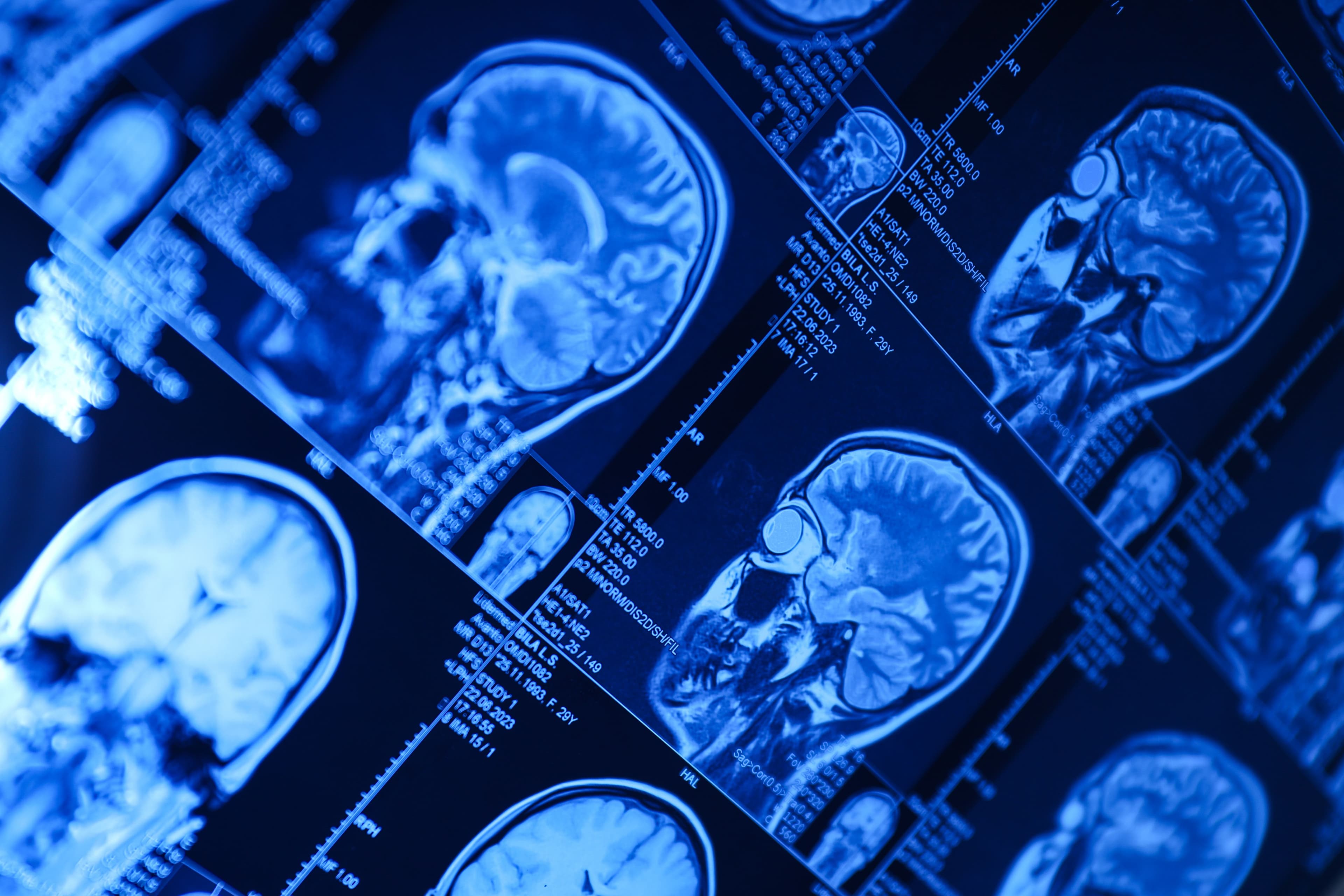
Traumatic brain injuries (TBIs) are among the most serious and life-altering injuries a person can experience. Often caused by car accidents, falls, sports incidents, or violent assaults, TBIs can result in long-term physical, emotional, and cognitive impairments. Yet, the signs of a traumatic brain injury are not always immediately obvious — making early recognition and medical attention absolutely critical.
In this article, we’ll break down the most common symptoms of a TBI, how they may appear, and why understanding them is so important for both medical and legal reasons.
A traumatic brain injury occurs when an external force causes the brain to move inside the skull, resulting in damage to brain tissue. TBIs can range from mild concussions to severe brain trauma that causes permanent disability or even death.

TBIs are typically classified as:
The severity of a TBI often determines the types and intensity of symptoms a person may experience.
Symptoms of a TBI can appear immediately after the incident or may take hours or even days to fully manifest. They are typically grouped into four categories: physical, cognitive, emotional, and sensory.

Failing to recognize and treat a TBI early can lead to serious long-term consequences. Some individuals experience post-concussion syndrome, which includes prolonged symptoms that last weeks or months. In more severe cases, a TBI can result in permanent brain damage, impacting a person’s ability to work, maintain relationships, or care for themselves.
If you suspect you or someone you love may have suffered a TBI, seek immediate medical attention. Once you’ve received care, consider speaking with an experienced personal injury attorney to understand your legal rights and options.

The vast impact made by Attorney Low on the law and the lives of his clients has gained the attention of magazines, radio stations, and media outlets alike.




.png)

Personal Injury
Common Insurance Company Tactics Used to Undervalue Serious Injury Claims explains the strategies insurers use to minimize payouts in catastrophic injury cases — from rushing early settlements to downplaying invisible injuries and exploiting recorded statements. This article helps injured individuals understand how to protect themselves and avoid costly mistakes after a serious accident.

Personal Injury
How Long Does It Take to Recover From a Traumatic Brain Injury? explores why there is no single recovery timeline after a TBI, what the different phases of healing can look like, and how medical and legal decisions made early on can impact your long-term health and future. This article helps injured individuals and families understand what to expect, what influences recovery, and how to protect themselves along the way.

Brain Injury
A traumatic brain injury doesn’t just affect your health — it can determine your future. This article breaks down five common mistakes that can seriously hurt a TBI case, from delaying medical care to trusting insurance companies too soon. Drawing on real courtroom experience, Joseph H. Low IV explains how these missteps happen, why insurers exploit them, and what injured people can do to protect their rights, their recovery, and their long-term financial security.

Brain Injury
Traumatic brain injuries don’t just affect the body — they can quietly reshape a person’s emotions, behavior, and relationships. In this article, we break down how TBIs can lead to unexpected personality changes, why these shifts happen, and what steps injured individuals and their loved ones can take to understand, cope, and seek the support they need. Whether you're recovering from a TBI or caring for someone who is, this guide offers clarity, compassion, and a path forward.